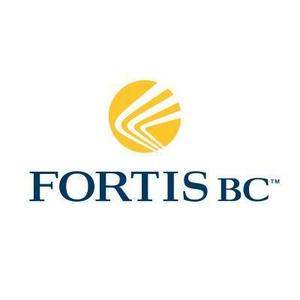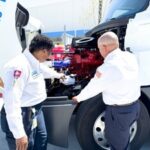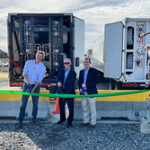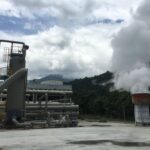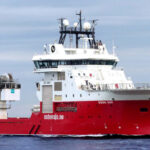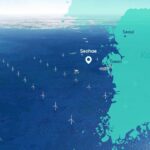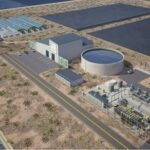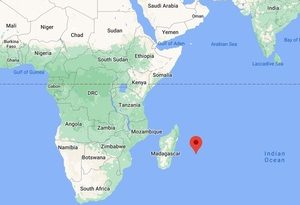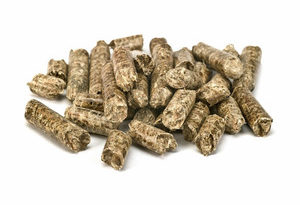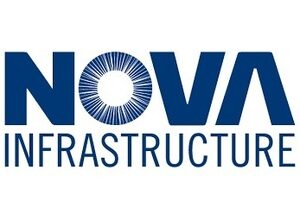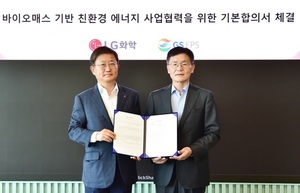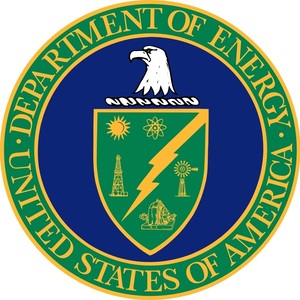FortisBC teams with Dicklands Farms to produce RNG
Energy Disrupter
By FortisBC Energy Inc. | April 28, 2023
ADVERTISEMENT
FortisBC Energy Inc. is adding more renewable natural gas (RNG) to its system by teaming with Dicklands Farms in Chilliwack, British Columbia, who is producing RNG from agricultural and food waste. Once the project is at peak production, it is expected to produce enough low-carbon RNG to meet the annual gas needs of approximately 2,000 B.C. homes.
“With Dicklands Farms and the existing Fraser Valley Biogas project, the residents of the Fraser Valley can be proud of how much their community is helping advance a lower-carbon future in B.C.,” said Jenelle De La Cour, manager, renewable gas accounts with FortisBC. “The more RNG we have, the less conventional natural gas we need. Every RNG project is a win for climate action.”
When bacteria break down organic waste from sources such as landfills, agricultural farms and wastewater from treatment facilities, it produces a biogas mostly made of methane. FortisBC works with local farms, landfills, green energy companies and municipalities to capture and purify this methane, which would otherwise escape into the atmosphere, to create RNG for its customers. As RNG mixes seamlessly into the existing natural gas infrastructure, it decarbonizes the natural gas supply, displaces equivalent volumes of conventional natural gas and lowers greenhouse gas emissions overall.
For this project, Dicklands Farms is combining anaerobic digestion and a biogas upgrading plant to produce RNG from the manure of the farm’s dairy cows and from other locally produced organic food waste.
“Turning our agricultural manure and local food waste into RNG, organic fertilizer pellets and clean water is a great way for us to diversify the farm’s revenue streams, while also operating the farm in a more sustainable manner in line with our values” said George Dick, Dicklands Farms owner. “Myself and my family are very excited to be supplying FortisBC with RNG”.
Renewable Natural Gas is derived from organic sources, uses existing carbon already within the ecosystem and contributes fewer new carbon dioxide into the atmosphere than conventional natural gas, making it a low-carbon fuel. Over 11,500 B.C. homes and businesses are already subscribed to FortisBC’s RNG program. By 2030, FortisBC projects that there will be enough renewable and low-carbon gas in the system to meet the annual gas needs of close to 345,000 B.C. homes.

